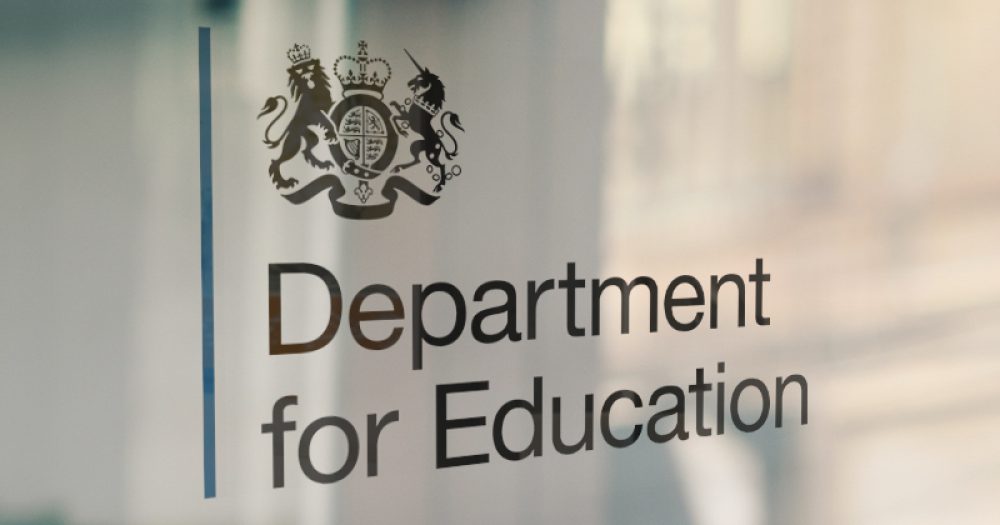The government has this evening published their rules for furloughing staff for colleges and training providers.
Here they are in full:
“Further education and apprenticeship providers include further education colleges, sixth form colleges, designated institutions, independent training providers, adult and community learning providers, and higher education institutions to the extent that they provide further education or apprenticeships. They are funded in 3 main ways: by grant; under a direct contract for services with ESFA; or through a funding agreement with the ESFA (where provision is delivered under a contract for services between a levy paying employer and an apprenticeships training provider, or advanced learner loan funded learning).
Where the provider is continuing to receive public funding through any of these routes they should continue delivering this provision where feasible, including through remote delivery. They should not furlough staff whose salaries are paid from continuing Education and Skills Funding Agency (or any other public) income. This applies to both teaching and non-teaching staff.
We recognise that many providers rely on funding from a mix of public sources and other income streams such as fees, employer contributions and commercial income. Where public income has reduced or non-public income has ceased or reduced, it may be appropriate for providers to seek support from the Coronavirus Job Retention Scheme to furlough staff. Providers should only furlough employees if they meet the following conditions:
- the employee works in an area of business where services are temporarily not required and whose salary is not covered by public funding
- the employee would otherwise be made redundant or laid off
- the employee is not involved in delivering provision that has already been funded
- (where appropriate) the employee is not required to deliver provision for a child of a critical worker and/or vulnerable child
- the grant from the Coronavirus Job Retention Scheme would not duplicate other public grants received and would not lead to financial reserves being created
If it is difficult to distinguish whether staff are funded through continuing public funding, for the purposes of meeting the first 3 conditions listed above, then the total proportion of teaching and non-teaching staff (based on gross payroll) that are retained (for example, not furloughed) should, as a minimum, be equivalent to the continuing public income, as a proportion of all income that the provider usually receives. For example, if the only source of public funding is through a grant, and non-grant income makes up 25% of total income, then this should be the total maximum proportion of staff (based on gross payroll) that could be furloughed.
Where providers consider furloughing staff, they should ensure that they take a fair and reasonable approach to part-time, sessional and temporary staff, reflective of good HR practice and legal requirements.
Where a provider receives Adult Education Budget (AEB), or apprenticeship funding, as part of a direct contract for services with ESFA, and is at risk financially, they may be eligible for support (subject to meeting additional criteria) as part of DfE’s response to the Cabinet Office’s Procurement Policy Note 02/20. Support provided through that mechanism would count as public funding for the purposes of conditions covering the Coronavirus Job Retention Scheme.
Further guidance on the operation of any supplier relief scheme for providers funded under a contract for services with ESFA will be published when available. Providers should email ESFA.PPN220Queries@education.gov.uk to register their interest in the scheme.
In instances where public funding is not delivered under a contract for services with the ESFA, the Cabinet Officer’s Procurement Policy Note 02/20 is not applicable.
The DfE is considering appropriate measures to monitor use of these schemes in order to detect any duplication of funding, and will be considering potential options to recover misused public funding as required.
Some providers may also be eligible for the Coronavirus Business Interruption Loan Scheme or Coronavirus Large Business Interruption Loan Scheme. For more information on eligibility, please consult your commercial bank or refer to the financial support for businesses guidance.”









Many hundreds of FE employees who are employed by umbrella companies on PAYE had their contracts suspended at the end of March. They have received no income because the colleges chose not to support them. These institutes receive public funding (OLAS provision) and in some cases the employees are essential to the future business plan. Is this acceptable or good HR practice?